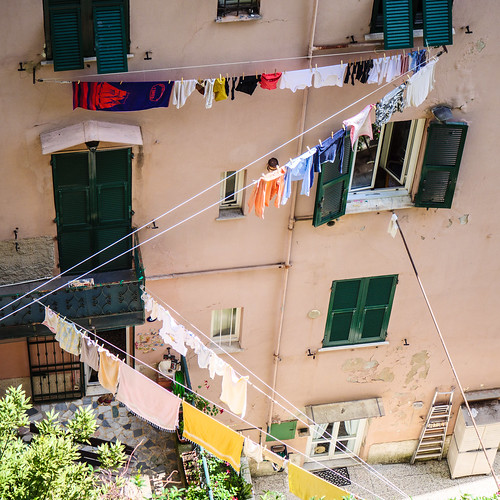I just finished listening to Mother Country Radicals, the podcast series about the Weather Underground made by Zayd Ayers Dohrn, son of Bernadine Dohrn and Bill Ayers. It brilliantly made, and well worth listening to: the (living) protagonists are given considerable space to give their account of events, and even if you know quite a lot about the period and the events you’ll probably learn some things you didn’t know.
It must be weird making a documentary in which one’s own parents are the main characters. It’s clear that Ayers and Dohrn have been loving and good parents to their children, and that Ayers Dohrn loves them unconditionally: but that must make it even stranger given the distasteful nature of some of what they did, and the pretty awful character of some of what they say. It was very hard for me to figure out whether Ayres Dohrn was giving them enough rope, or whether he just wasn’t, himself, appalled by some of what they were saying. In the unlikely event that my parents had said some of those things I would have been tempted to leave them out. Maybe I don’t have what it takes to make a documentary; I for sure don’t have what it would take to make a documentary about my parents if I loved them and they had been terrorists.
Were Ayres and Dorn terrorists? Ayers Dorhn does put the question to his father. And his father dismisses the label with a redefinition of terrorism on which most terrorist activity is carried out by states. I haven’t bothered to get the exact quote, but it was almost exactly what he says in his own memoir “Terrorists terrorize…they kill innocent civilians, while we organized and agitated. Terrorists destroy randomly, while our actions bore, we hoped, the precise stamp of a cut diamond. Terrorists intimidate, while we aimed only to educate.”
It is true that between the Greenwich Townhouse explosion and the Brinks robbery (by which time Ayers and Dohrn were no longer underground, and in which they had no part) Weather took considerable precautions to ensure that they did not injure or kill actual people, only to damage property. This isn’t said in the documentary but we know for sure that they took considerable precautions because if you set that many bombs, avoiding casualties isn’t random.


